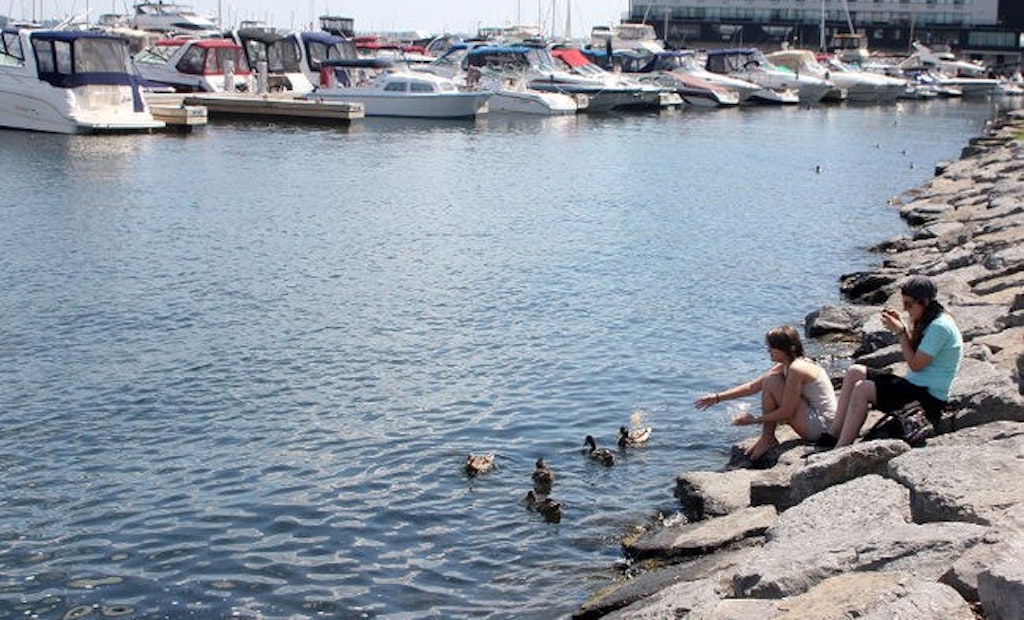
Interested in Flow Control?
Get Flow Control articles, news and videos right in your inbox! Sign up now.
Flow Control + Get AlertsWhile a Canadian utility continues to work to reduce its overflows, it’s at least taking a proactive approach in notifying the public about them so that citizens know when area waterways have escalated pollution levels.
The city of Kingston, Ontario, recently announced a new feature to the Utilities Kingston website — real-time tracking of sewer overflows.
“This has been an inherent problem,” Kingston Utilities President and CEO Jim Keech told the Kingston Whig-Standard. “We are working toward it, we will continue to work toward it, but I think this gives us one more tool at managing it.”
Overflows have been particularly problematic for the utility so far in 2017. Five different heavy-rain events have produced CSO amounts more than three times the overflow totals in all of 2016. The utility already provided CSO data online going back 10 years, but now the public can also track that information in real time through a mapping application that shows the status of 15 different CSO outfalls around Lake Ontario, Cataraqui River, and Little Cataraqui Creek. Keech says Kingston is the first municipality in Ontario, and possibly all of Canada, to provide real-time CSO tracking.
“What we’ve tried to do with this is to provide residents, users of the waterway, with a notification system that when these happen — and unfortunately they are going to happen for some time — people are aware of it and can make educated decisions on their own,” Keech says. “We’ve done a lot of work in the last 20 years and we probably have another 20 years of work to do.”
Krystyn Tully, founder and vice president of Lake Ontario Waterkeeper, a nonprofit group dedicated to protecting the lake, says she hopes Kingston’s new real-time overflow tracking serves as an example for other Ontario municipalities still dealing with CSO issues.
“I think it’s a testament to how far this city has come and how responsive both the city and Utilities Kingston have been to the public’s concern and comments,” Tully told the Kingston Whig-Standard. “Now they’re developing technology that’s becoming the gold standard to which all communities in Ontario should be performing. We can’t wait for the other 40 communities in Ontario with combined sewer systems to follow suit.”
Source: Kingston Whig-Standard





